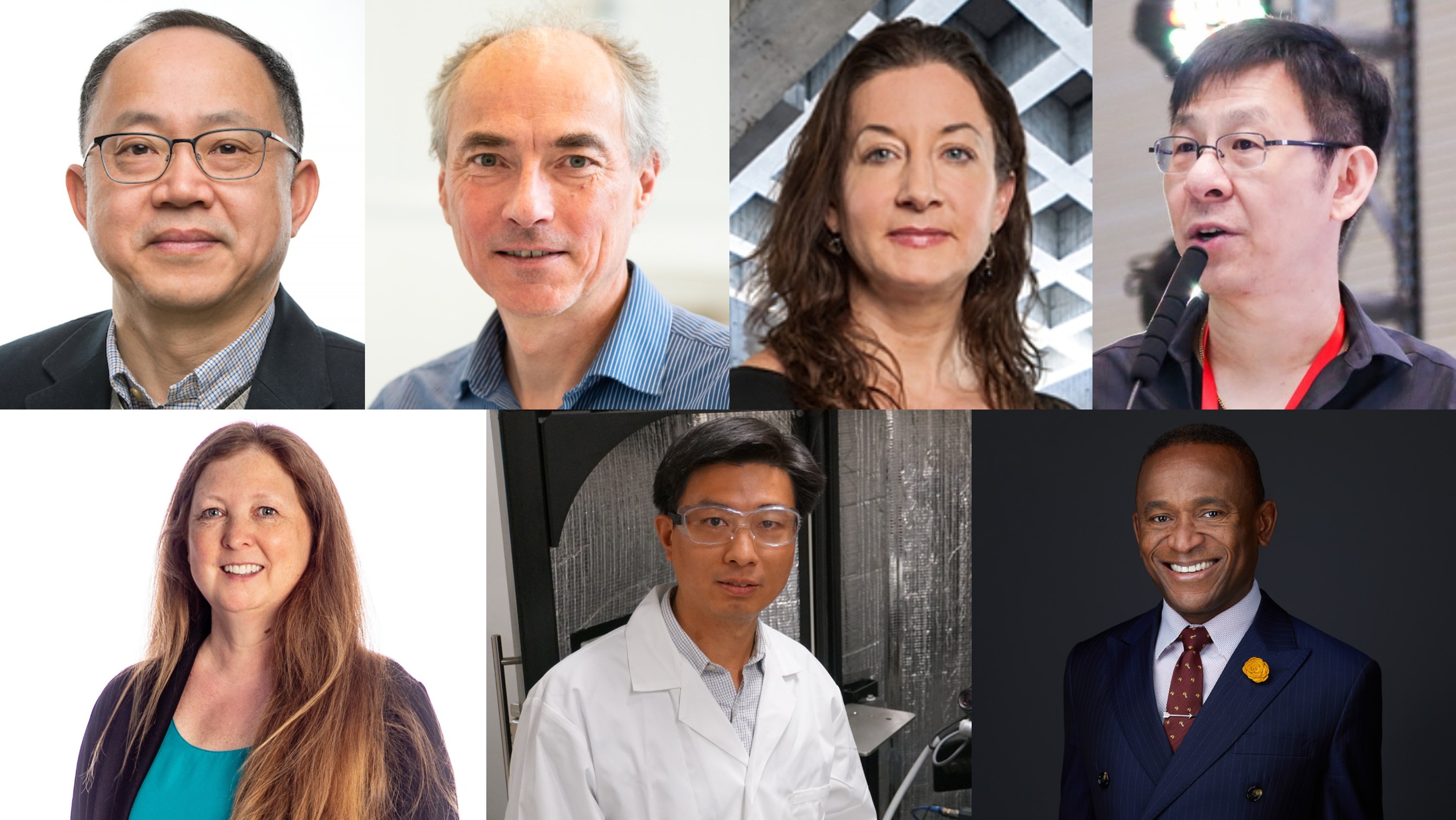Seven leading University of Alberta researchers in diverse fields have been recognized by the Royal Society of Canada, the country's oldest and most prestigious scholarly institute.
Joining the 2023 class of Royal Society fellows are engineering professors Tongwen Chen and Hongbo Zeng, food science professor Michael Gänzle, art and design professor Lianne McTavish and biological sciences professor Gane Ka-Shu Wong.
In addition, pediatrics professor Lisa Hartling and law professor Ubaka Ogbogu have been named to the society’s College of New Scholars, Artists and Scientists in recognition of their high levels of achievement early in their academic careers.
Tongwen Chen: Better and safer automation
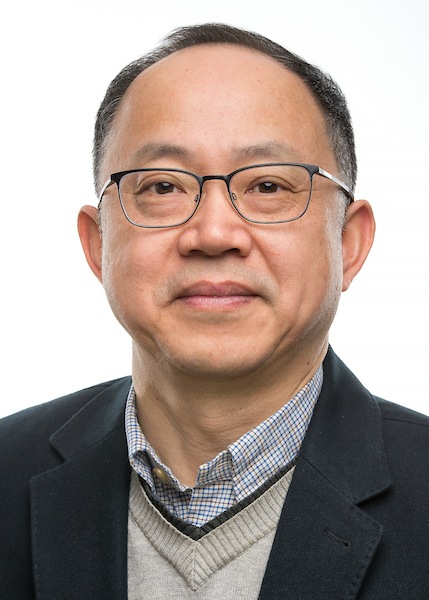 As computer and network technology constantly evolves, understanding and designing integrated control systems in complex industrial facilities poses tremendous challenges.
As computer and network technology constantly evolves, understanding and designing integrated control systems in complex industrial facilities poses tremendous challenges.
“We have been working hard to address such challenges — filling gaps between theory and practice,” says Tongwen Chen, professor and Canada Research Chair in Intelligent Monitoring and Control in the Faculty of Engineering.
His groundbreaking research in computer- and network-based control includes developing new sampled-data and event-triggered paradigms that would pave ways to design high-performance and resource-constrained control systems for modern industrial processes.
Working with research colleagues and industry partners, Chen was instrumental in founding a new research area called advanced alarm management and design to address long-standing industrial challenges. The work led to development of an alarm management toolbox now used by many Canadian companies for safer plant operations.
Chen’s influential publications include a book that has been used for graduate courses on advanced digital control in many universities worldwide. He was listed as a Clarivate Analytics Highly Cited Researcher, ranking among the world’s top one per cent most cited in his field.
Chen says he’s grateful for the many collaborations and support he’s had for his research, and for his experiences as an educator.
“What makes me most proud are not the books or papers published, citations received, or technology tools developed, but the trained post-doctoral fellows and graduate students and their subsequent accomplishments in their professional careers.”
Michael Gänzle: Improving our daily bread
The safety and quality of the meal on our plate relies partly on the microbes — bacteria, mould and yeast — found in food.
By improving control of those microbes, good and bad, Michael Gänzle, Canada Research Chair in Food Microbiology and Probiotics in the Faculty of Agricultural, Life & Environmental Sciences, has contributed to better food industry practices, regulations and safety.
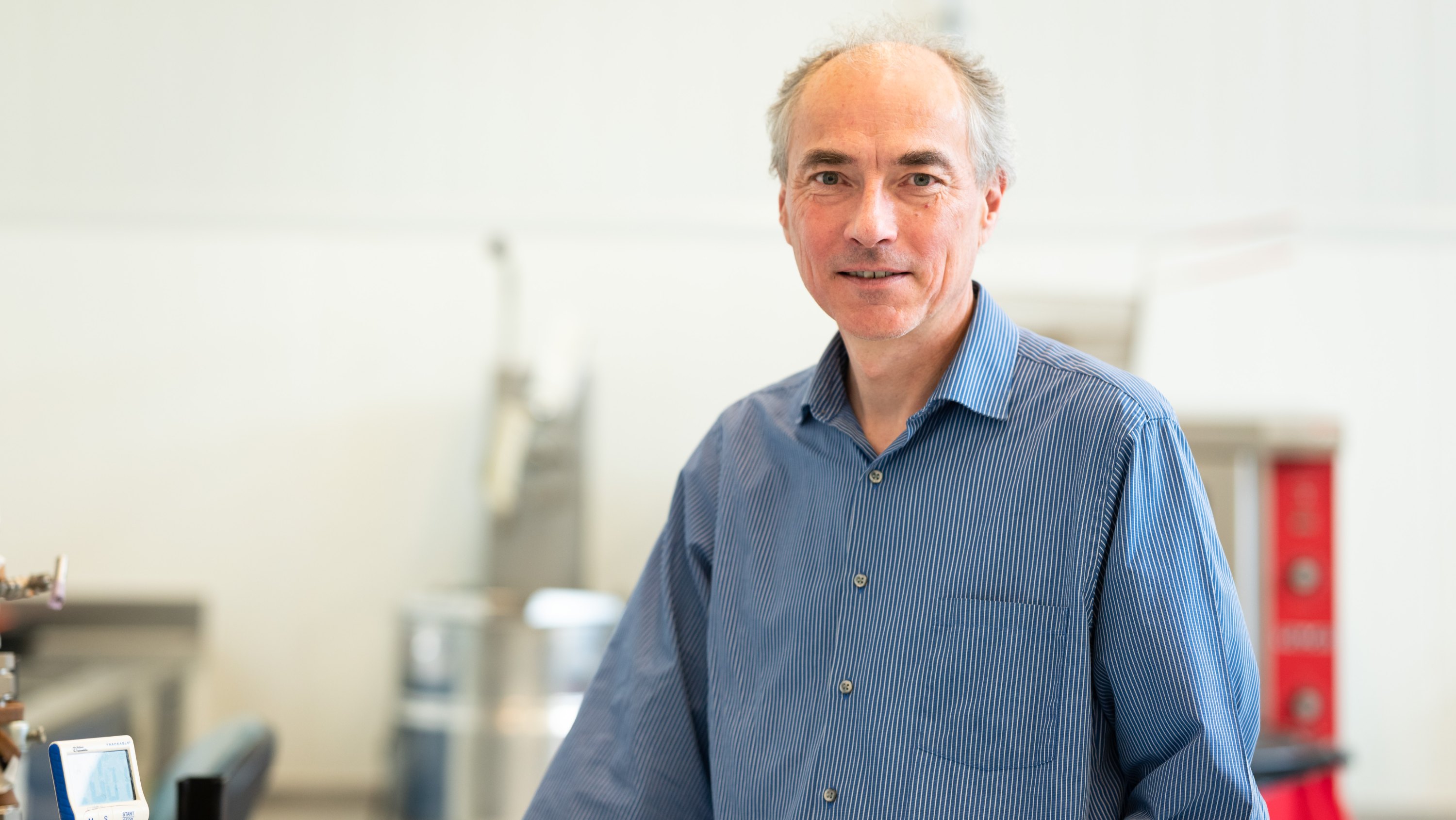
His discoveries in such areas as the metabolism of microbes and food fermentations have advanced fundamental science in the field.
“This allows us to explain, extrapolate and build knowledge around the foodborne systems and organisms that haven’t yet been studied,” he notes, adding that the research also has applications such as improving risk assessment to avoid food poisoning, and identifying metabolites that enhance food quality.
Among his most important work, Gänzle established a periodic table of fermented foods that supports scientific discovery in creating new food products. He also contributed to updating the classification of lactobacilli, bacteria fundamental to food production. The information clarifies labelling and regulations for products such as probiotics, for industry and government agencies.
Currently focused on exploring novel fermentation microbes for bread, pasta and plant-based cheeses with his research team, Gänzle is pleased with how their work helps Canadians enjoy safe, healthy and sustainable meals.
“Our work increases the availability of healthy fermented and minimally processed foods, and at the same time, by improving food safety, we’re helping reduce spoilage and waste.”
Lianne McTavish: Helping us understand, explore the visual realm
The visual realm — what we see and how we think about it — is incredibly rich and complex, and lies at the heart of Lianne McTavish’s research.
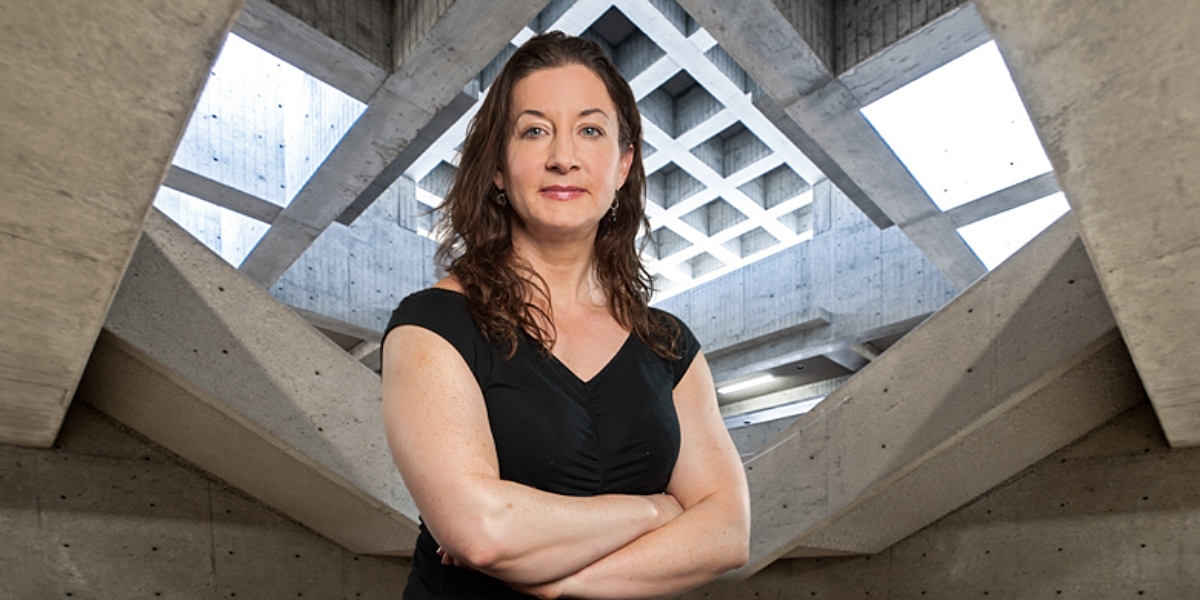
“Seeing is historically and culturally specific,” says the professor of art, design and visual culture in the Faculty of Arts. Her work explores a diverse range of topics, from the history of medicine and small-town museums, to contemporary fitness culture, with an eye to bringing “sophisticated understandings of visual culture, visual analysis and visual experience to other fields.”
Internationally recognized for her expertise in visual analysis, McTavish stretches intellectual boundaries and illuminates critical historical and contemporary issues related to visual practices, including gender, class and embodiment.
“I’ve overturned conventional ways of thinking and opened new research questions.”
McTavish’s research approach has enriched scholarship about the history of childbirth, museums and natural history, and has also helped people to see more critically and think more historically about current circumstances in the world.
“I want those who learn from me to take pleasure in the visual world and to have a fuller life by engaging with the works of art and design that surround them.”
Gane Ka-Shu Wong: Cracking genomic codes
Gane Ka-Shu Wong’s groundbreaking work in genomics has laid the foundation for a deeper understanding of the complete genetic code for any living organism, including humans.
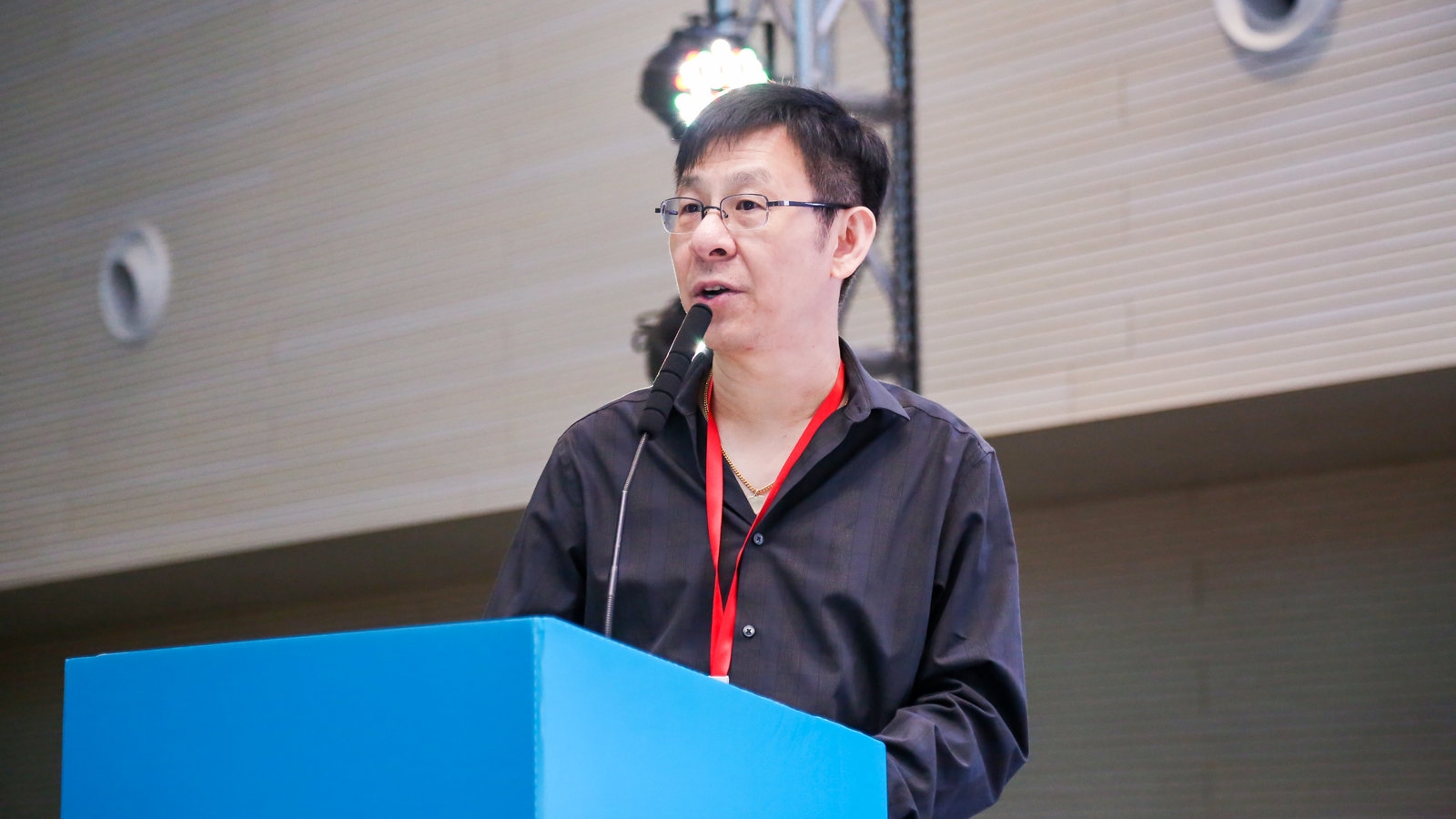
By leading innovative projects such as the first sequence of the rice genome — one of the world’s most important food crops — and the 1000 Plants initiative, the Faculty of Science professor has created essential bioinformatics tools and extensive sequence data that have advanced evolutionary studies of biodiverse species.
The latter project, also known as 1KP, “generated approximately 50 times more plant gene sequences than the totality of all previous studies combined, including representatives of all known plant species from algae to flowering plants and everything in between,” Wong notes.
The landmark study, considered a definitive reference for species-gene relationships across the plant kingdom, also led to the discovery of how a light-sensitive algae protein can treat retinal blindness.
Wong’s 30 years of research also contributed to the global Human Genome Project, which led to the use of genome sequencing to diagnose rare diseases in children and to non-invasive prenatal screening for Down syndrome.
Collaborating with U of A research colleagues on new ways to approach cancer, infectious diseases and other health issues is one of the most rewarding aspects of his work, Wong adds.
“It allows me to dabble in so many areas that I would never be able to do on my own.”
Hongbo Zeng: Bringing innovation to the surface
Hongbo Zeng, Canada Research Chair in Intermolecular Forces and Interfacial Science in the Faculty of Engineering, has devoted his career to exploring how surfaces interact at the molecular level, leading to the development of innovative materials and practical advances in energy, industrial engineering and bioengineering.
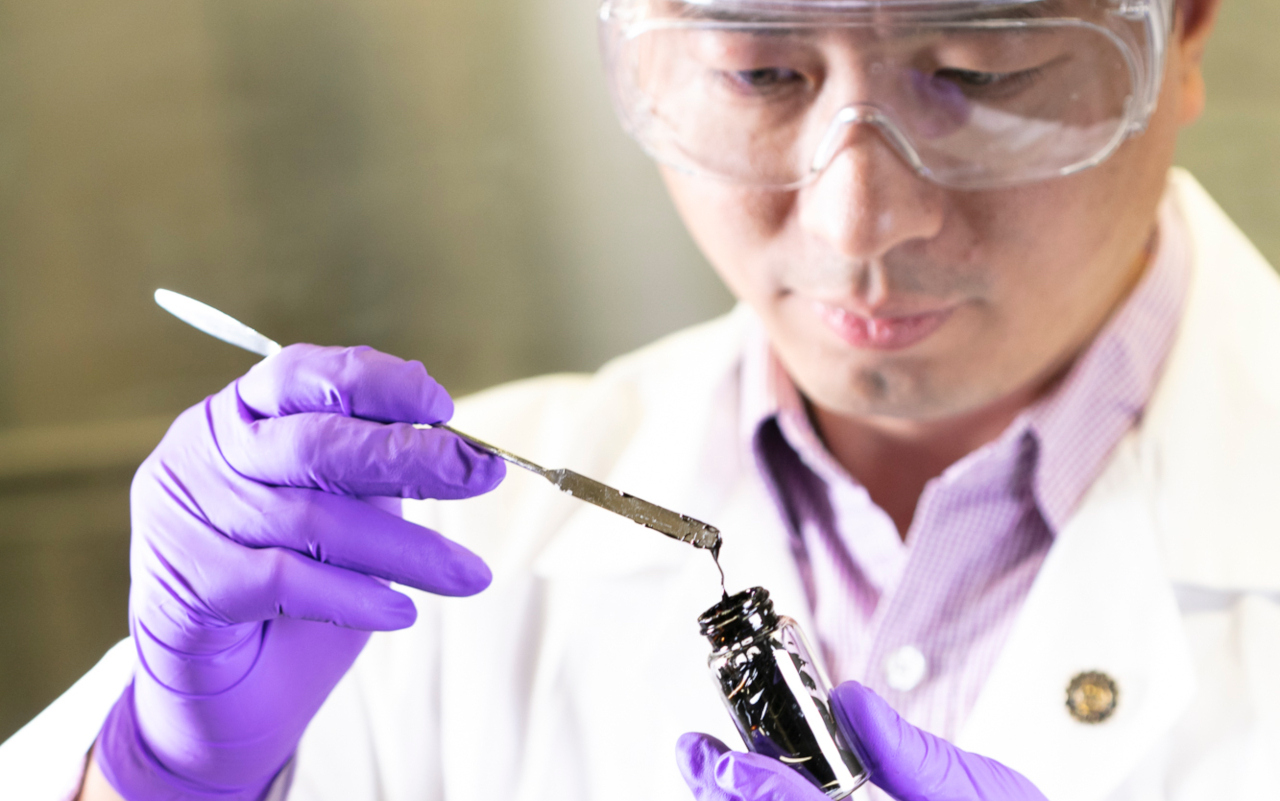
“Our work improves various sectors including natural resources, the environment, chemistry, materials and nanotechnology, and enhances the applications of fundamental science,” says Zeng.
A global leader and Canada’s foremost authority in his field, Zeng’s groundbreaking work has advanced understanding of how molecular forces influence the properties and performance of polymers, complex fluids, and compounds used in petroleum and oilsands and mineral processing.
His innovative research has also led to breakthroughs in fabricating “self-healing” materials and adhesives. The discovery has provided researchers worldwide with a new strategy to apply the concept of self-healing across a wide range of engineering and biomedical applications, including wound treatment, sustainable health monitoring devices, sporting goods and packaging materials.
In a field reliant on interdisciplinary teamwork, Zeng credits the “truly remarkable synergy among my students, postdoctoral fellows, research collaborators and invaluable industrial partners” for continually and successfully tackling complex research challenges.
“It underscores the power of teamwork in pushing the boundaries of scientific exploration, practical application and driving meaningful progress forward.”
Lisa Hartling: Informing health-care decisions
It’s vital that critical decision-making around health-care measures is based on trustworthy information, and experts like Lisa Hartling, professor in the Faculty of Medicine & Dentistry are crucial to that process.
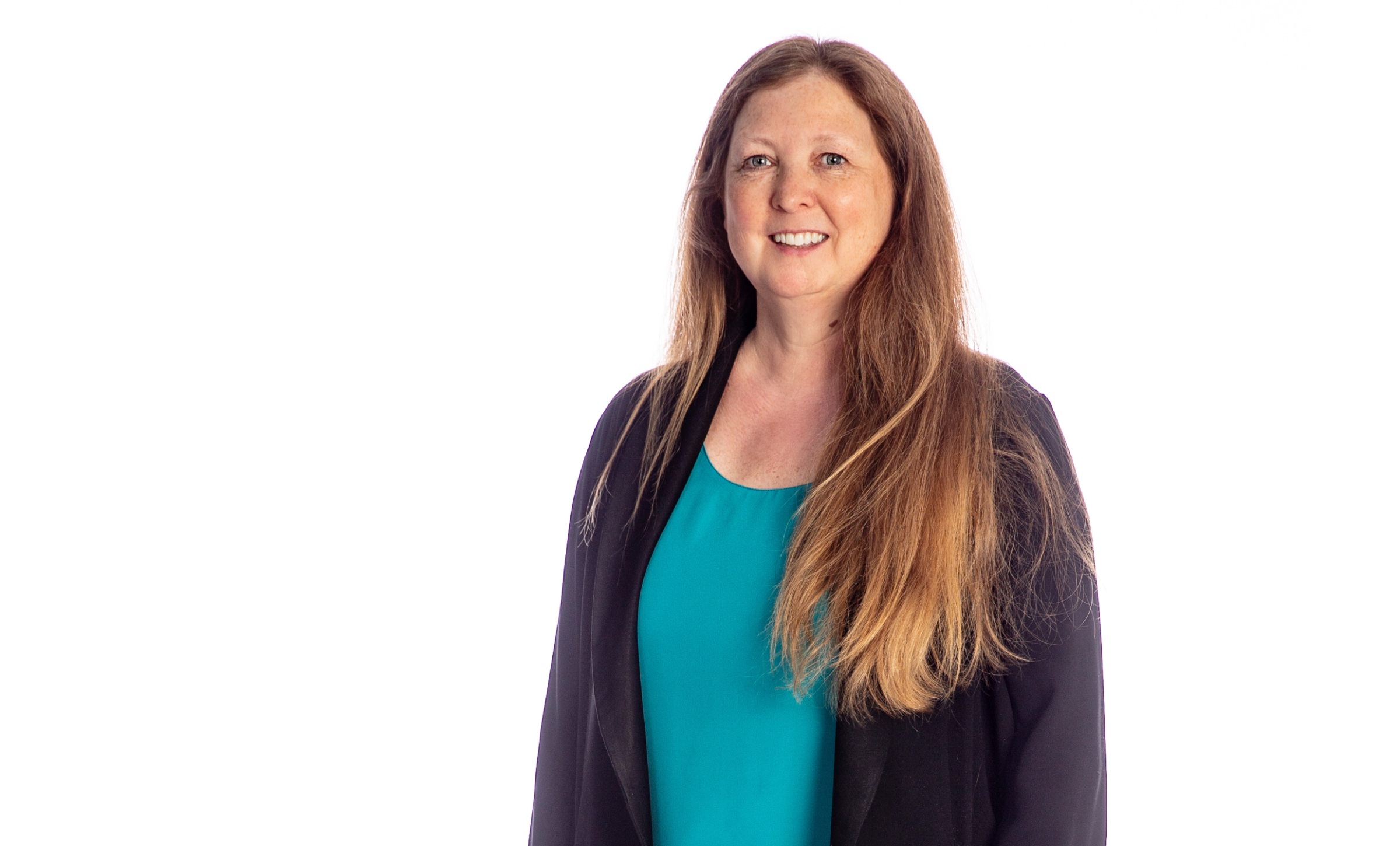
As Canada Research Chair in Knowledge Synthesis and Translation, Hartling produces evidence-based resources on a variety of health topics that are used globally by front-line health-care providers, policy makers, parents and families.
“It’s important to provide reliable information, supported by the best available research, to help make the best decisions to support health needs,” says Hartling, who is also a Stollery Science Lab Distinguished Researcher and member of the Women and Children’s Health Research Institute.
Hartling participates in international and national collaborations to tackle priority questions for agencies such as the National Advisory Committee on Immunization. Her work informs policy for the Public Health Agency of Canada and provides resources for Translating Emergency Knowledge for Kids, a national network working to improve emergency care for children.
Partnering with colleagues in other U of A faculties, Hartling also develops resources to address parents’ questions and concerns about their children’s health.
Proud of the many partnerships she’s developed to be able to conduct and share her research, Hartling believes strong collaborations “are essential for effective knowledge mobilization and to ensure that my work is answering the most urgent questions and that reliable information is reaching the people who need it in timely, accessible and relevant ways.”
Ubaka Ogbogu: Examining health tech’s human impact
The dynamic field of health research and the cutting-edge technologies it produces are central to the experiences people have in the health-care system, Ubaka Ogbogu believes.
As a leading expert on the ethical and regulatory aspects of those discoveries and the challenging questions they raise, the professor and associate dean of research in the Faculty of Law feels keenly about helping shape and influence discussion and policy.

“There are a lot of questions surrounding how these technologies are developed, what choices we make regarding what technologies to focus on, and who ultimately bears the burden or derives benefits from these technologies.”
Ogbogu’s work has contributed to Canadian and international science policy in diverse areas including stem cell research ethics, reproductive technologiesand gene therapies.
“I’m motivated to explore these questions because the answers impact people’s lives in a real way,” he says. “It’s not just about the theories or philosophies that influence our thinking about science, technology and ethics, but also about practical and sometimes pressing matters, such as whether a person who has run out of treatment options should be allowed to access a scientifically unproven therapy.”
Along with the privilege of contributing to health and science policy, Ogbogu says he’s grateful for the collaboration and relationships he’s built during his academic career.
“I’m a multidisciplinary scholar, and I would not be able to do what I do without relying on others who hold knowledge I don’t have and share it with me.”
